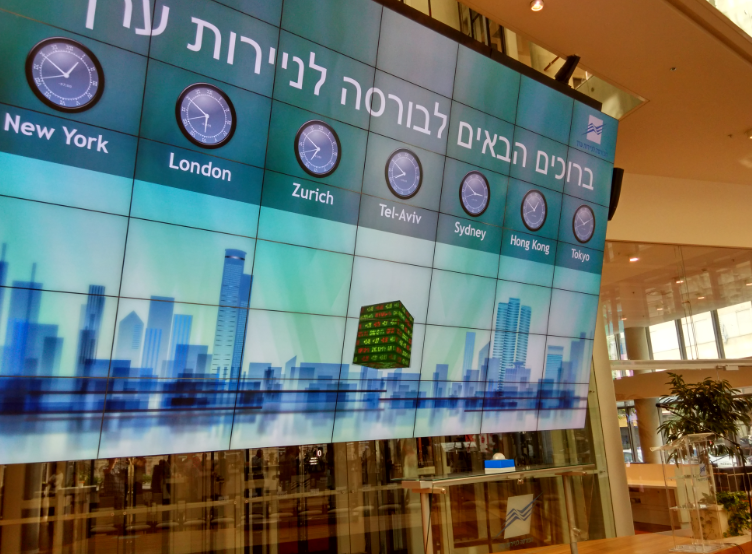Israeli defense stocks took a sharp hit on Monday, as easing geopolitical tensions worldwide led investors to pull back from companies that had recently surged amid conflict. Travel stocks also dipped as hopes grew for a resumption of foreign flights to Israel.
Defense Sector Faces Sudden Chill After Weeks of Gains
Just weeks ago, Israeli defense companies were enjoying a boom. Fears of regional war, drone attacks, and mounting global military budgets had driven up valuations. But that heat didn’t last.
On Monday, shares of Aris Industries nosedived 11%. NextVision tumbled 10%. Third Eye wasn’t spared either, also down 10%. Even Elbit Systems, the giant of the group, dropped 5.2%. And Aerodrome — down 9% — joined the red tide.
The catalyst? A sweeping shift in tone on the global stage. U.S. President Donald Trump’s Middle East visit sparked diplomatic optimism. Reports emerged of India and Pakistan stepping back from the brink. Meanwhile, Russia and Ukraine announced a long-awaited summit set for later this week.
One sentence here just to pause.
So with threats cooling, investors saw less urgency in piling money into defense stocks that had soared on fear and speculation.

Tourism Stocks Lose Altitude as Foreign Flights Loom
While defense companies were hit hardest, travel and tourism firms also lost steam. The reason? Ironically, the return of calm.
Israir Airlines dropped 7.6%. El Al, Israel’s national carrier, slid 1.7%. Investors expect foreign airlines, which halted Israel-bound flights due to security fears, may soon resume operations.
There’s no official timeline for the resumption of service. But signals are everywhere — from international safety assessments to air route reauthorizations. And the market’s betting on that.
So while the headlines scream peace, they’re whispering volatility for those tied to the conflict trade.
Trump’s Drug Pricing Plan Hits Teva
Beyond the geopolitical landscape, there was another major mover on Monday: Teva Pharmaceutical Industries.
Teva’s shares fell after President Trump announced sweeping plans to cut drug prices in the U.S. Though details are still emerging, the policy includes steps to reduce out-of-pocket costs and pressure pharmaceutical giants to lower wholesale prices.
Teva — a global leader in generics — saw its stock fall roughly 3.4%. For a company already grappling with legal pressures and pricing battles in North America, this was a fresh headache.
Investors fear the plan could hurt margins and slash earnings potential, especially in Teva’s most important market — the United States.
Investors Shift from Risk to Safety
The broader theme here? A flight from conflict plays to calmer bets.
Monday’s trading wasn’t just about defense or travel or pharma. It was a reflection of how mood drives markets. Risk-on trades — like defense contractors or local airlines — soared during spikes in regional tension. Now, those same trades are retreating.
Some analysts believe it’s a temporary pullback. Others think it’s a full-on rotation.
One clear takeaway from Monday’s sell-off:
-
Stocks tied to conflict surged on fear, and now they’re tumbling on hope.
Short break here again.
With big summits on the calendar and a cooling Middle East, investors are rebalancing. That means shedding stocks that fed on fear and uncertainty — and maybe eyeing calmer waters ahead.
What Comes Next for Israeli Equities?
What happens next depends heavily on what’s real and what’s just talk.
The Putin-Zelensky summit, Trump’s visit, and India-Pakistan de-escalation all feel promising. But markets know better than to trust vibes. If tensions flare up again, defense names could rebound just as quickly.
Meanwhile, if foreign airlines return, travel stocks like Israir and El Al might keep sliding before leveling off.
As for Teva? It’s a longer story. One policy speech doesn’t rewrite drug pricing overnight. But investors are clearly watching, and they’re nervous.
A pause again — sometimes silence says more.
So far this year, Tel Aviv’s defense sector had been one of the strongest performers. But this week flipped that script. The market’s message is simple: peace talks and price cuts matter more than missiles and military deals.
